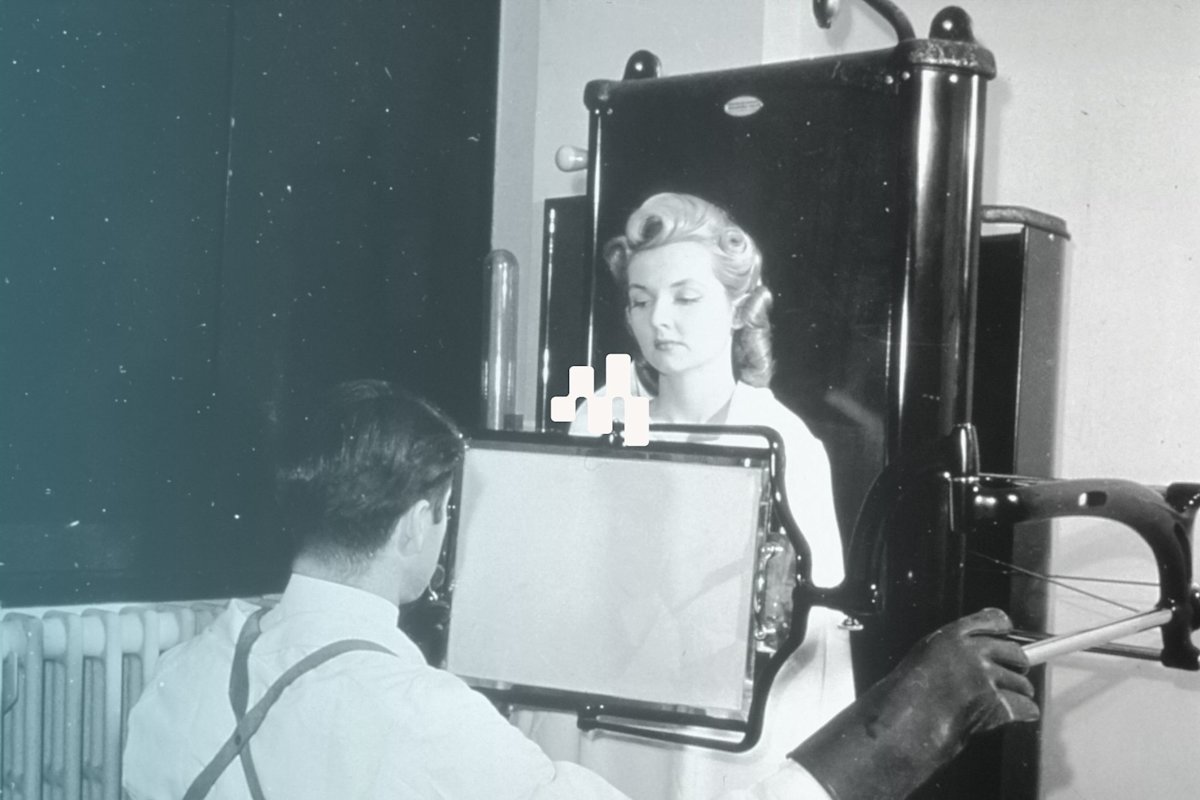Agentic AI Automation: The New Front Line of Clinical Operations
A 2022 by the British Medical Association estimated that doctors in England lose a substantial amount of working time each year due to inadequate IT systems ...
July 28, 2025

A 2022 report by the British Medical Association estimated that doctors in England lose a substantial amount of working time each year due to inadequate IT systems and outdated equipment. Despite efforts to modernise, many hospital departments still rely on a patchwork of electronic and paper records, creating inefficiencies and delays. Clinicians often juggle multiple EPRs, web-based tools, and standalone systems just to retrieve basic patient information. It is an administrative burden that slows down care and erodes productivity.
Globally, the World Health Organization calls on health systems to “integrate intelligent automation” so that scarce human resources can focus on high-value care rather than repetitive data task
The problem isn’t simply outdated software, it’s that most legacy systems were never built for the way modern clinical teams actually work. Designed in silos, these platforms often fail to support real-time collaboration or capture information in the natural flow of conversation.
A typical outpatient follow-up might involve three disconnected actions: front-desk staff managing phone triage, clinicians typing progress notes manually into the EHR, and administrators trading emails to arrange a referral. Each step introduces friction such as delays, duplication, or data loss. It happens not because people are underperforming, but because the infrastructure is structurally misaligned with daily clinical realities.
This is where Agentic AI takes a fundamentally different approach.
Rather than layering yet another interface onto the clinician’s workflow, it embeds intelligent agents. Think of them as reliable, always-on colleagues, directly into the touchpoints where work already happens: answering calls, drafting notes, and handling inbox requests. Backed by large language models rigorously tuned for medical safety, these agents listen, reason, and act within seconds. It helps streamlining communication, reducing admin time, and restoring focus to patient care.
Motics: Agentic Intelligence at the Clinical Front Line
Motics is a UK-engineered platform designed to operationalise agentic AI across the real-world front lines of healthcare. Rather than layering on dashboards or passive analytics, it embeds intelligent automation directly into where clinical work happens, including calls, consultations, and communication.
Its three specialised agents: Phone Agent, Scribe Agent, and Email Agent, work in concert but can also be deployed individually to address site-specific needs. Phone Agent answers inbound lines within two seconds, resolving routine queries and bookings autonomously while escalating complex cases with full patient context. Scribe Agent operates inside the exam room, capturing spoken dialogue and turning it into structured, GDPR-compliant notes ready for sign-off. Email Agent pulls from live clinical systems to draft accurate replies and clear inboxes in minutes, not hours.
What sets Motics apart is its deep interoperability. Instead of exporting notes or duplicating work, each agent writes directly to the appropriate fields such as diagnoses, appointments, prescriptions within the existing EHR or PAS, all while maintaining audit trails and respecting role-based permissions. For clinicians, it feels less like adopting new software and more like gaining a highly capable colleague who works silently in the background.
Built from the ground up for UK healthcare, Motics also meets the most rigorous compliance benchmarks. All data is encrypted end-to-end, processed in ISO 27001–certified environments, and structured to align with NHS DTAC, UK GDPR, and HIPAA standards. The result is automation that operates with integrity—reliable, auditable, and ready for clinical scale.
Take the Next Step to Explore, Evaluate, and Engage
Agentic AI is no longer a future ambition, it’s a present-day lever for capacity, care quality, and workforce sustainability.
As early adopters free up clinical hours, reduce patient wait times, and alleviate administrative burden, digital leaders across the UK are taking notice. Motics offers several pathways to help you explore the technology, evaluate its impact, and prepare for implementation.
For those ready to move from research to real-world performance, Motics offers a no-obligation, virtual walk-through. These sessions help assessing clinical relevance, workflow fit, and operational ROI, as Motics was built to integrate into existing systems and governance structures without disruption.
If your next transformation step involves automation, we’ll help you take it with clarity, confidence, and measurable value from day one.
Published by the Motics Editorial Team